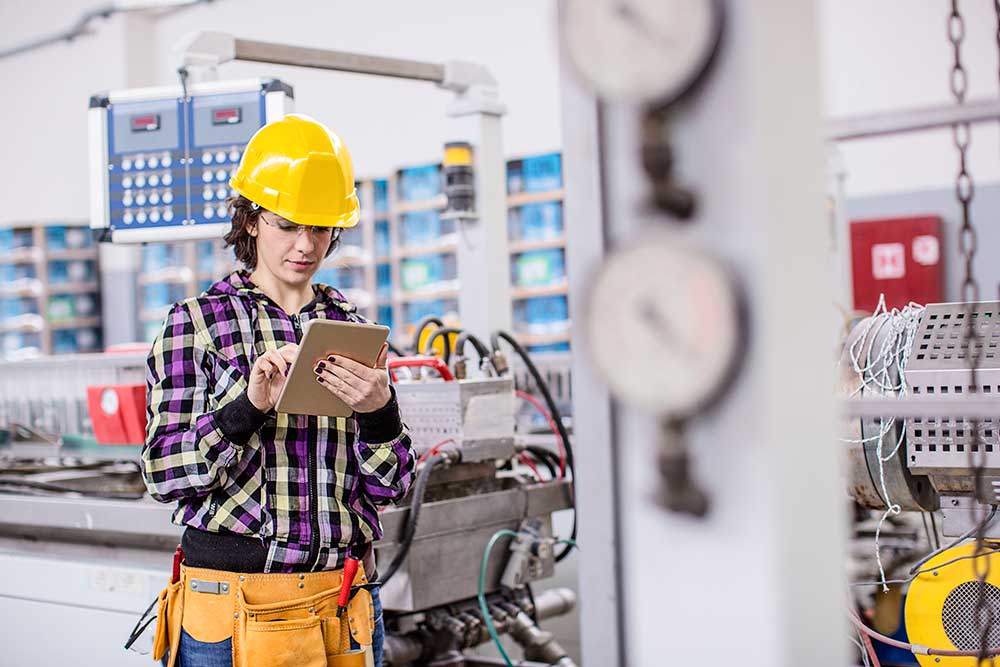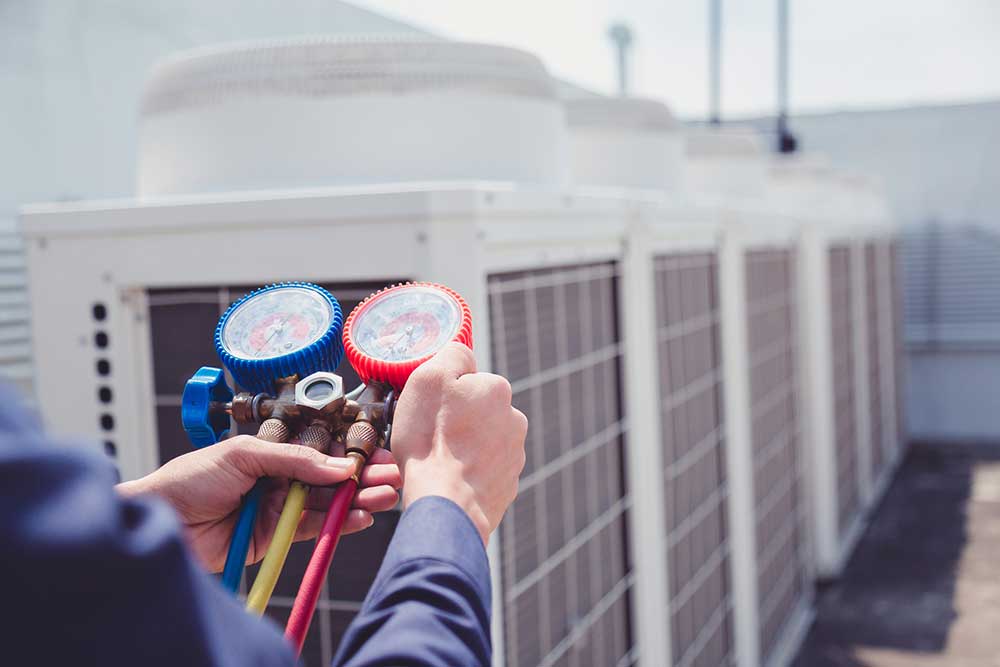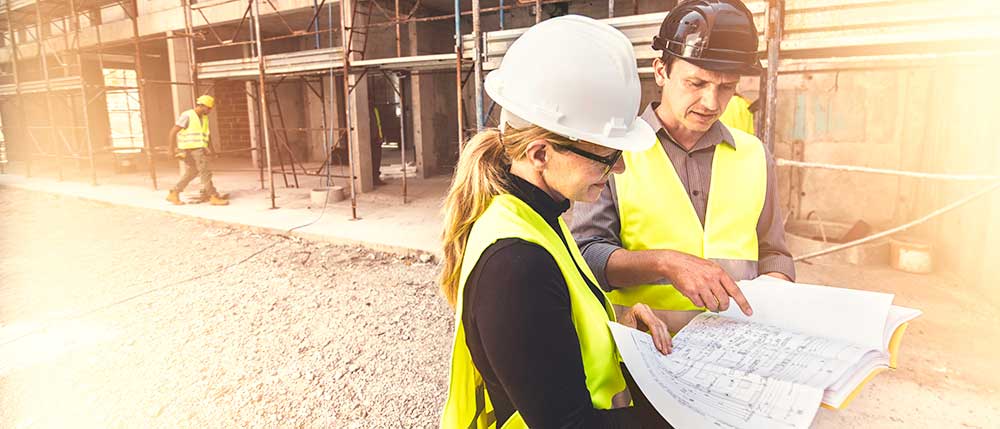
Building Services Engineering Ventilation Hygiene Technician
Careers Explorer:
Overview
The safety and wellbeing of those in the environment you’re working in is top of your agenda.
Ventilation hygiene ensures that ventilation systems are maintained in a clean condition as required by statutory regulation.
As Building Services Engineering Ventilation Hygiene Technician you’ll mainly clean and decontaminate ventilation systems – but there’s so much more to this role.
You will undertake condition risk assessments, pre clean testing, clean, post clean testing and create a detailed profile of the ductwork system, including any remedial action, and so much more.
You will need to be able to work within new build construction sites and existing buildings on your own, safely, proficiently and without supervision.

Top 5 Tasks
- Identify and plan work requirements from engineering drawings and client instructions
- Liaise with clients, other trades, and suppliers
- Solve problems
- Ensure work complies with relevant standards
- Contribute to changes as work progresses or as required by the client.
Salary
Starting salaries for graduate building services engineers are generally in the region of £26,000 to £28,000.
Experienced engineers can earn a salary of £40,000, with those working at senior levels earning more than £55,000.
Partners in a firm of consulting engineers or highly experienced building services engineers with chartered status may earn over £80,000. In larger international consultancies, this figure could be in excess of £110,000.
Salaries depend on location, employer and level of responsibility. Salaries and career options also improve with chartered status.
Am I Suited?
- Problem solver
- Hands-on
- Efficient, yet effective
- Self-motivator
- Team player
Qualifications
Typically GCSEs in English, maths and science are required and a Level 3 (Advanced) – equivalent to A-Levels.
Entry into building services engineering is typically via an engineering qualification.
Engineering or technology HNDs/foundation degrees can fulfil all the academic requirements to become an engineering technician (EngTech), or part of the requirements to gain incorporated engineer (IEng) status. Appropriate further learning to degree level would then be needed to progress further in the job.
Chartered engineer (CEng) or incorporated engineer (IEng) status can be gained through membership of the Chartered Institution of Building Services Engineers (CIBSE), or other engineering institutions licensed by the Engineering Council. For chartered status, an accredited first degree in engineering or technology, plus an appropriate accredited MEng or an accredited integrated MEng degree are usually required. Search for accredited degrees at Engineering Council – Accredited Course Search (ACAD).
Individuals with qualifications not listed on the Engineering Council website are assessed individually and may still qualify for incorporated or chartered status. CIBSE offers student membership to those on relevant courses, which can lead to valuable networking opportunities at industry events as well as discounted prices on publications and other resources.








